detail profile zolt c3 a1n basilides
Peran Yang Di Mainkan Zoltán Basilides
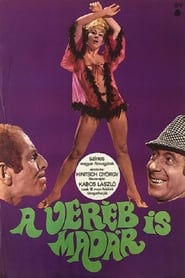 A comedy about two twin brothers...
A comedy about two twin brothers...Sparrows Are Birds Too 1968
A comedy about two twin brothers - Sándor, who emigrated and became a rich man, and Zoltán, who stayed in Hungary and lives the life of an average working-class man. When Sándor visits his twin brother, they are constantly mistaken for each other, and when Zoltán sees how differently people treat Sándor because of his money and his foreign citizenship, he begins to like being mistaken for him - until he realizes that this means he will lose his girlfriend Szöszi...
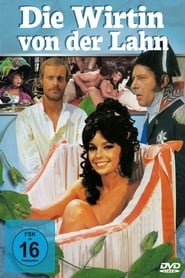 The literal English translation of the...
The literal English translation of the...The Sweet Sins of Sexy Susan 1967
The literal English translation of the German-titled film here is "The Hostess of the Lahn." Suzanne (Terry Torday) is the beautiful redhead who runs an inn in the town of Giessen. She is the subject of many inspirational love songs by the student population. The lyrics also reflect the Germans' resentment and hostility toward the French occupation by the army of Napoleon. Suzanne appears in various stages of undress.
 After the failure of the Kossuths...
After the failure of the Kossuths...The Round-Up 1966
After the failure of the Kossuth's revolution of 1848, people suspected of supporting the revolution are sent to prison camps. Years later, partisans led by outlaw Sándor Rózsa still run rampant. Although the authorities do not know the identities of the partisans, they round up suspects and try to root them out by any means necessary.
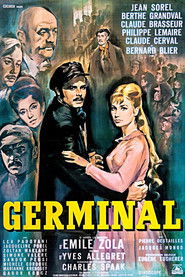 Dismissed from the railroads in 1863 for...
Dismissed from the railroads in 1863 for...Germinal 1963
Dismissed from the railroads in 1863 for his union activities, Etienne Lantier found a job at the Voreux coal mine. But work was hard, wages were low and safety left much to be desired. Lantier tried to organize the miners into a union. When mine manager Hennebeau refused to negotiate, the workers launched a general strike, which ended with the intervention of the troops.
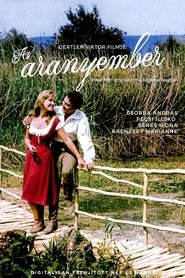 Adaptation of Mr Jkais classic 19th...
Adaptation of Mr Jkais classic 19th...The Man of Gold 1962
Adaptation of Mór Jókai's classic 19th century novel on Mihály Tímár, the captain of a commercial Danube ship in the 1830s, who finds unexpected fortune by meeting a Turkish aristocrat fleeing from his home country with his daughter Tímea. On their journey, they find an unknown island on the Danube, called the Senki szigete (the Island of No-one), a sort of earthly paradise, with only an old woman and her young daughter Noémi living on it.
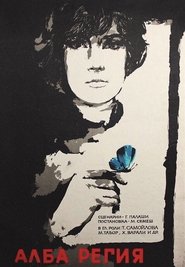 A Hungarian doctor Dr Hajnal who...
A Hungarian doctor Dr Hajnal who...Alba Regia 1961
A Hungarian doctor, Dr. Hajnal, who always considered himself out of politics, falls in love with the Soviet intelligence agent, the radio operator Alba, operating in the occupied Wehrmacht of Hungary. By accident, the radio operator is hiding in the doctor’s house. Hainal is drawn into a life-threatening confrontation with the Germans. A difficult question arises before him: to remain neutral when people die around and Alba is threatened with death, or to remain an honest person — to make his personal choice and take part in this struggle.
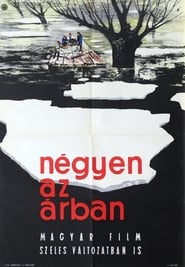 December 1956 The region by the Tisza...
December 1956 The region by the Tisza...Four Children in the Flood 1961
December 1956. The region by the Tisza is evacuated because of a threatening flooding. Laci, Karcsi and Péter leave their home on the lorry
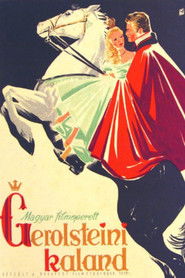 In Gerolstein those girls who were...
In Gerolstein those girls who were...Adventure in Gerolstein 1957
In Gerolstein, those girls who were born the same year as the princess, cannot marry until she remains maiden. An attractive and very rich husband is needed for Antónia in order to fill the treasures up. The wonderful reigning princess meets her selected bridegroom, the emperor of the neighbouring Pecunia in disguise and by accident.
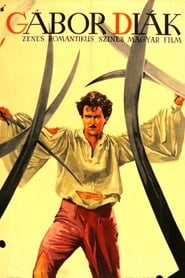 Buda is mastered by the Turks...
Buda is mastered by the Turks...Leila and Gábor 1956
Buda is mastered by the Turks. Student Gábor and his companion flee a troop into the castle, just in the garden of Gül Baba. Gábor and Leila, the daughter of Gül Baba fall in love with each other. Ali pasha, who wants to marry the girl, has the two Hungarians caught in order to let them be executed.
 March 15 1848 the revolution breaks out in...
March 15 1848 the revolution breaks out in...The Sea has Risen 1953
March 15, 1848; the revolution breaks out in the town of Pest. Yet at café Pilvax, in among he revolutionary youth, there is the informer of the imperial court as well. Hearing the news of the attack led by Jellasics, the inhabitants of the villages pour into the national army, and Hajdú Gyurka also escapes from his landlord. Petőfi is there at the camp of the revolutionaries, raising them to enthusiasm with his poetry.
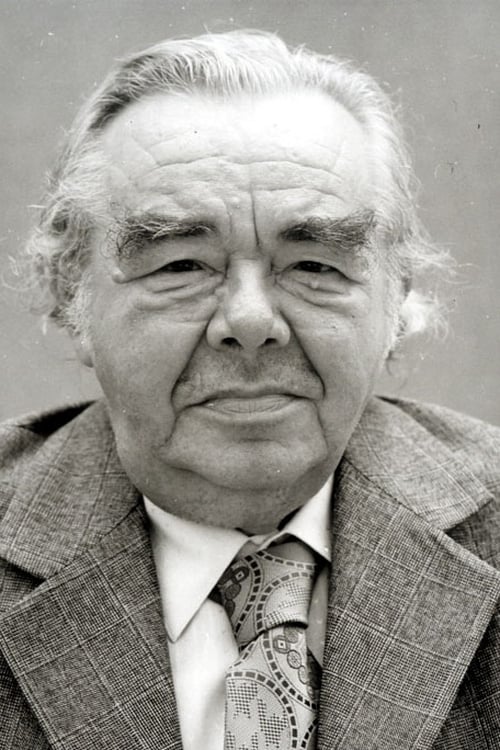
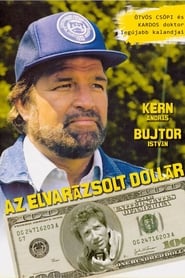 Tomboy accidentally found a fake dollar...
Tomboy accidentally found a fake dollar...
 A brothel in a small Hungarian...
A brothel in a small Hungarian...
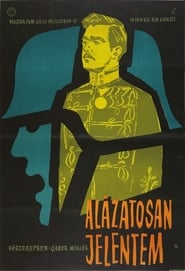 On the eve of World War...
On the eve of World War...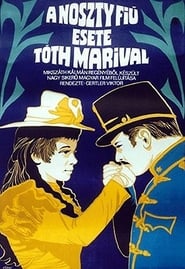
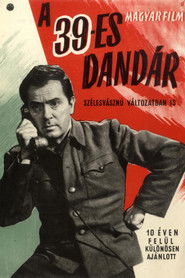 The spring of 1919 Kariks Frigyes reorganises...
The spring of 1919 Kariks Frigyes reorganises...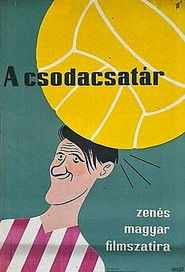 Cabinet crisis threatens in Futblia due...
Cabinet crisis threatens in Futblia due...